
Saunas offer many health benefits, from improved circulation and detoxification to enhanced relaxation and muscle recovery. However, the timing of your sauna sessions can significantly impact the extent of these benefits.
Whether you're looking to boost your energy levels in the morning, unwind after a stressful day, or aid muscle recovery post-workout, knowing the best time to use a sauna can help you maximize these advantages.
This guide explores the optimal times for sauna use based on individual goals and preferences, ensuring you maximize your experience.
Discover Our Top Recommended Saunas
Explore our top three recommended saunas, each chosen for outstanding features and health benefits. These selections ensure a premium sauna experience tailored to your needs, combining superior design and ultimate comfort.
|
Almost Heaven Salem 2-Person Barrel Sauna |
Almost Heaven Worthington 4-6 Person Indoor Sauna |
Almost Heaven Sutton 2-Person Indoor Sauna |
 |
 |
 |
|
- 1-3/8″ thick ball-and-socket construction - LED lighting inside - Includes sauna stones - Plastic support cradles, weather-resistant |
- Tongue-and-groove build: 1.5” finished thickness - Stainless steel components for hinges, heater, and fasteners - LED light inside - Premium heater and sauna stones |
- 1-3/8” thick tongue-and-groove construction - Single full-length bench - Full-glass door with tempered and tinted glass - Sliding cover built-in vent located at the sauna room's base |
With our top sauna recommendations, you can enjoy a morning sauna session or an evening sauna session at your leisure. Let's explore how you can maximize the benefits of your sauna sessions by timing them perfectly throughout your day.
Morning Sauna Sessions for Energy and Mental Clarity
According to a small study in Japan, starting your day with a morning sauna session can significantly enhance your alertness and cognitive function. Participants who engaged in morning saunas showed improvements in work efficiency compared to those using other bathing methods.
This invigorating practice boosts your body by increasing circulation and personal energy levels. The heat from the sauna raises your heart rate and stimulates blood flow, which can help you feel more alert and awake throughout the day.
Additionally, stepping outside into your garden sauna first thing int he morning can be likened to mindfulness activities like meditation, reducing stress and promoting mental focus and clarity. The detoxifying effects of a sauna may leave you feeling cleaner and more clear-headed as you go about your daily tasks.
Another benefit of morning sauna use is that you can sweat freely and have ample time to rehydrate throughout the day, ensuring that your hydration needs do not interfere with your sleep.
The time spent in the sauna typically ranges from 5 to 20 minutes, depending on an individual's comfort level and temperature preferences. However, depending on their tolerance and needs, some may stay longer.
Morning saunas can boost energy levels, while evening saunas may improve sleep quality, depending on the individual.
Afternoon Sauna for Midday Relaxation and Recovery
An afternoon sauna can be the perfect midday break to relax and recharge during your busy day. This period is ideal for those looking to unwind after a hectic morning or as a soothing follow-up to a midday workout.
A sauna session between 11 a.m. and 2 p.m. allows you to step away from daily stressors and restore mental clarity.
Imagine finishing a demanding project by noon or coming out of an intense meeting filled with decisions and discussions. Taking a break to enjoy a sauna session during this time can help you reset, promoting a sense of calm and readiness to tackle the rest of the day.
Midday sauna sessions can significantly alleviate physiological tension and mental fatigue by enhancing blood circulation and expediting the recovery of muscles and tissues.
This practice is especially advantageous for those involved in strenuous physical activities or experiencing mental weariness.
Saunas promote relaxation and stress reduction by easing muscle tension and encouraging a tranquil mind. This helps mitigate anxiety and foster overall mental well-being.
Evening Sauna Sessions for Relaxation and Improved Sleep
As the day draws to a close, immersing yourself in the soothing heat of a sauna can help dissolve the accumulated stress and tension in your body.
The heat from the sauna can raise your core body temperature, which drops after you leave. This natural drop in body temperature signals your body to produce melatonin, a hormone essential for sleep.
For optimal benefits and better sleep, use the sauna about two hours before bedtime. This allows enough time for your body temperature to drop after the session, helping to facilitate the onset of sleep.
Using the sauna too close to bedtime might maintain an elevated body temperature, potentially interfering with falling asleep.
|
Expert Tip: Use a fitness tracker to monitor your heart rate during and after your sauna sessions. This can help you understand how your body responds to heat and ensure you're within safe limits, particularly if you have cardiovascular concerns or are new to sauna use. |
Post-Workout Sauna Bathing for Muscle Recovery

According to a study published in the National Center for Biotechnology Information (NCBI), incorporating sauna sessions after workouts can be a powerful tool for enhancing muscle recovery.
When incorporating sauna sessions into your workout routine, it is essential to consider the timing and duration of these sessions to maximize their benefits. Here are some key points to keep in mind:
Timing
- Before Exercise: Brief, mild sauna sessions (5-10 minutes) can be beneficial for warming the body, loosening muscles, and enhancing flexibility before physical activity. This can help reduce injury risk and serve as a mental preparation for exercise.
- After Exercise: The best time for a sauna session is during recovery, typically 15-20 minutes after a workout. This helps relax tense muscles, ease soreness, and accelerate recovery through increased blood circulation and toxin removal.
Duration
- General Guidelines: Aim for sessions lasting 15-20 minutes, with beginners starting with shorter sessions (10-15 minutes) and gradually increasing the duration as tolerance improves.
- Optimal Benefits: The most significant benefits of sauna use typically appear between 20 and 30 minutes, making this the ideal duration for post-workout sessions.
Hydration
Maintaining adequate hydration is vital when using a sauna. Drink water before your session to prepare your body, and replenish fluids afterward to restore balance. This helps prevent dehydration and supports your body’s ability to cope with the heat.
Consider drinking electrolyte-enhanced beverages to replace lost minerals and maintain optimal hydration levels.
Alleviation of Muscle Soreness
Following an intense workout, muscle discomfort known as delayed-onset muscle soreness (DOMS) is common. The high temperatures in saunas, especially infrared saunas, can significantly enhance blood flow and circulation.
This improved circulation helps to flush out waste products from the muscles and delivers essential oxygen and nutrients, which promote muscle repair and speed up recovery.
Heat exposure from sauna sessions stimulates the production of heat shock proteins (HSPs), which play a vital role in cellular repair and protection. These proteins reduce oxidative stress and repair damaged muscle tissues, thus speeding up the recovery process.
Regular sauna use post-exercise can enhance the body’s natural repair mechanisms, promoting better muscle health and resilience.
The deep heat from the sauna allows muscles to become more pliable, enhancing their range of motion and performance in subsequent physical activities. This relaxation effect can also reduce the risk of injury.
Incorporating Sauna Sessions into Your Routine

To make the most out of your post-workout sauna experience:
- Duration: Aim for 15-20 minutes in the sauna after your workout. This duration is generally sufficient to gain the recovery benefits without overdoing it.
- Hydration: It's essential to stay hydrated. Drink water before and after your sauna session to compensate for the fluids lost through sweating.
- Temperature: Keep the sauna at a temperature that is comfortable for you, typically between 165°F and 203°F (74°C and 95°C). Adjust the temperature according to your heat tolerance to avoid discomfort.
|
Pre-Sauna Nutrition: Eating a light snack or drinking a smoothie rich in electrolytes about an hour before your sauna session can help maintain energy levels and prevent dehydration during prolonged heat exposure. |
Additional Considerations and Sauna Safety Tips
When planning your sauna sessions, it’s important to consider various factors that can influence your experience and safety.
Health Conditions
Conditions such as cardiovascular issues, respiratory problems, or certain chronic illnesses may require specific guidelines for safe sauna use.
If you have any pre-existing health conditions, it’s important to consult with your healthcare provider before incorporating long sauna sessions into your routine.
Pay close attention to how your body responds to the heat and adjust your sessions accordingly. If you experience dizziness, nausea, or any discomfort, exit the sauna immediately and allow your body to cool down.
Climate and Seasonal Factors
A morning or evening sauna session can be especially inviting in colder climates, providing much-needed warmth and comfort. The heat helps to counteract the cold, making it easier to start your day or unwind at night.
In warmer climates or during the summer, it’s best to avoid the sauna during the hottest parts of the day. Early morning or late evening sessions are preferable times for sauna use as they allow you to enjoy the sauna’s health benefits without the added strain of external heat.
These times also offer a refreshing way to start or end your day, balancing the body's temperature regulation.
Individual Preferences and Routines
Your schedule and lifestyle are key factors in determining the most convenient and beneficial time to use a sauna. Consider your daily routine and how sauna sessions can fit seamlessly into it.
If you’re an early riser, a morning sauna might be the perfect way to energize your day. An evening sauna can provide night owls with a relaxing ritual to unwind before bed.
Those with demanding daytime schedules find an afternoon sauna session a rejuvenating break, while others might prefer a post-workout sauna to enhance recovery.
Ultimately, the best time for a sauna is when it comfortably integrates into your life without adding stress or disruption.
Sauna Safety Tips
To ensure a safe and enjoyable sauna experience, follow these essential safety tips:
- Stay Hydrated: Drink plenty of water before, during, and after your sauna session.
- Avoid Overheating: Listen to your body, and don’t push beyond your comfort level. If you start feeling too hot, dizzy, or uncomfortable, leave the sauna immediately and cool down.
- Cool Down Gradually: After your session, allow your body to cool down slowly. To help stabilize your body heat, you can take a cool shower or relax in a comfortable environment.
By considering these additional factors and adhering to safety guidelines, you can enjoy a rewarding and safe sauna experience.
Wrap Up Your Perfect Sauna Timing
Exploring the best times for sauna use reveals how morning, afternoon, and evening sessions offer unique health benefits.
Aligning your sauna use with your daily routine and goals can maximize these benefits. Whether you seek to start your day with vitality and better mental focus, rejuvenate in the afternoon, or relax before sleep, finding the perfect sauna time enhances your wellness.
Now that you understand the benefits of different sauna times, experiment with your routine to find what works best for you.
For more health and wellness tips, follow our blog. Discover the perfect sauna time for a healthier, more balanced life!
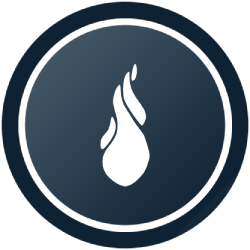


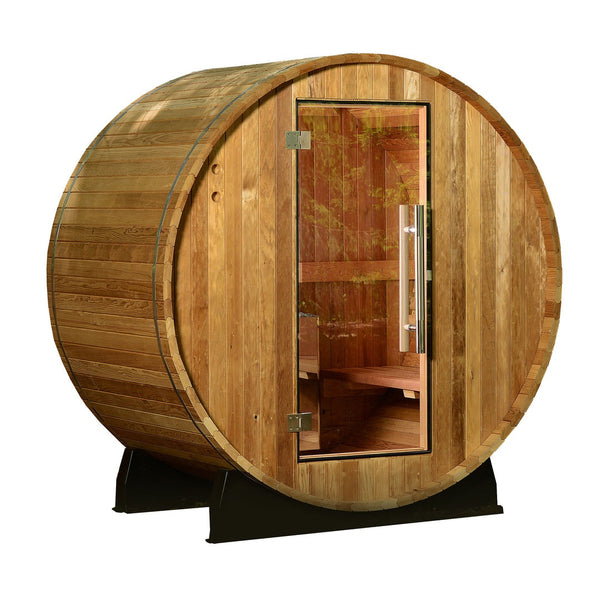
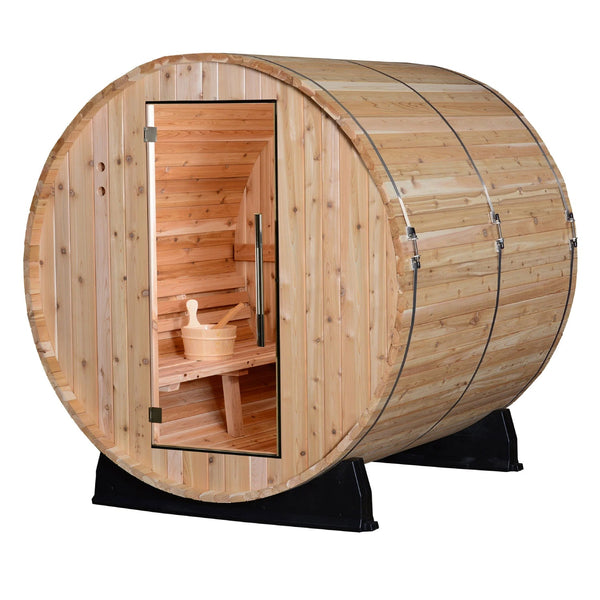



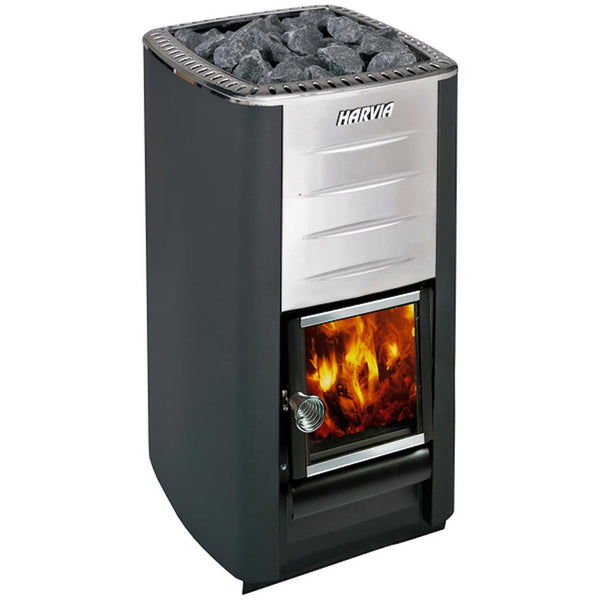

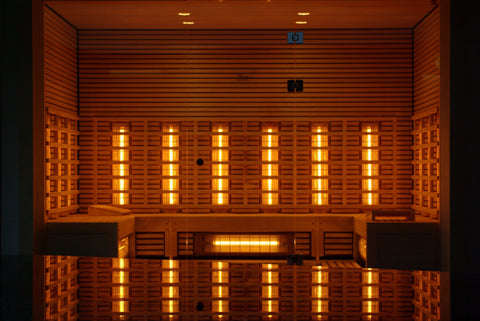
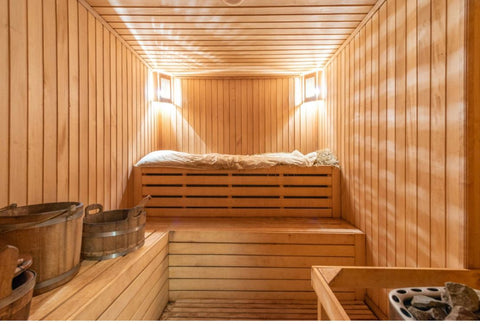
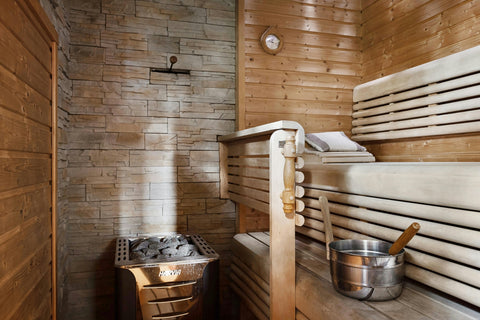
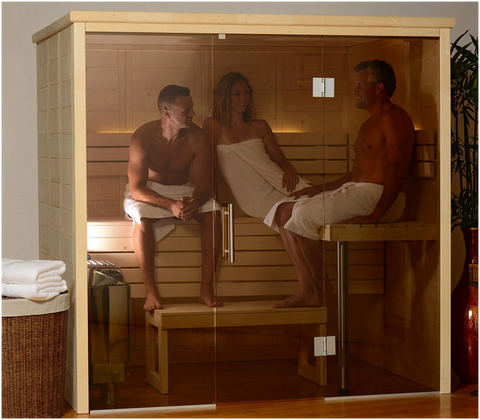

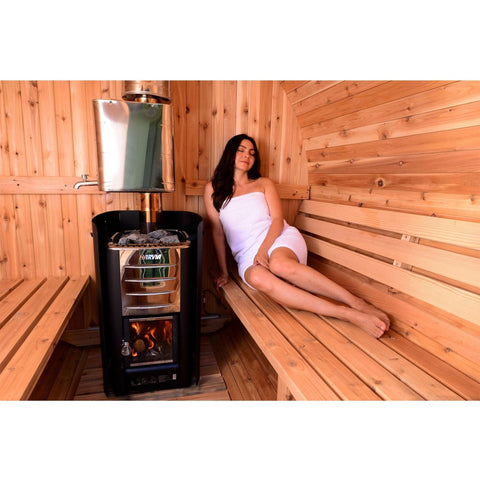
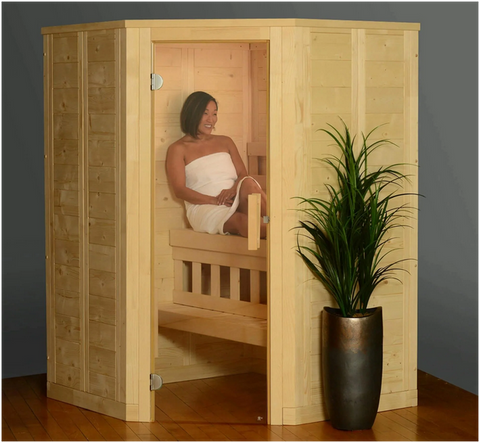
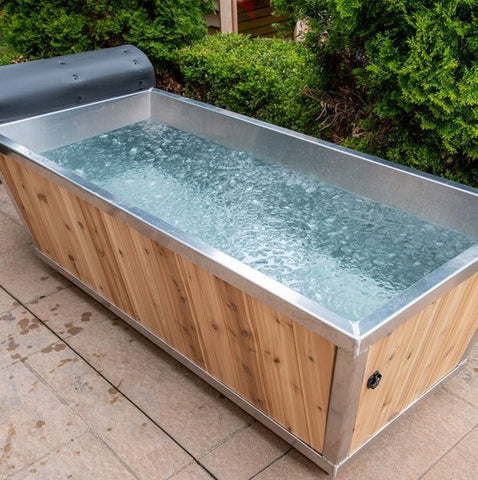
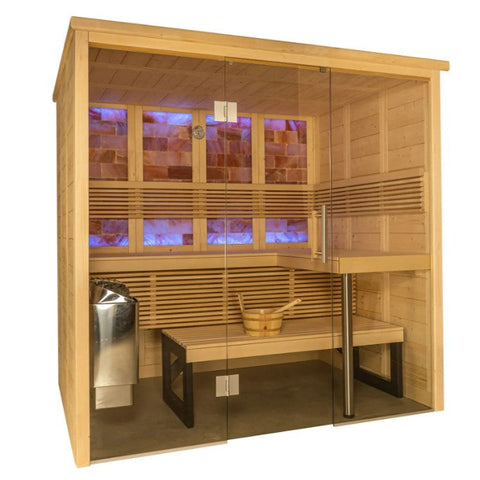

























































































Very helpful! I always wondered when is the best time to take a sauna. This article answered my question, thank you! I also read some other useful articles about sauna at https://hopphatsauna.com/